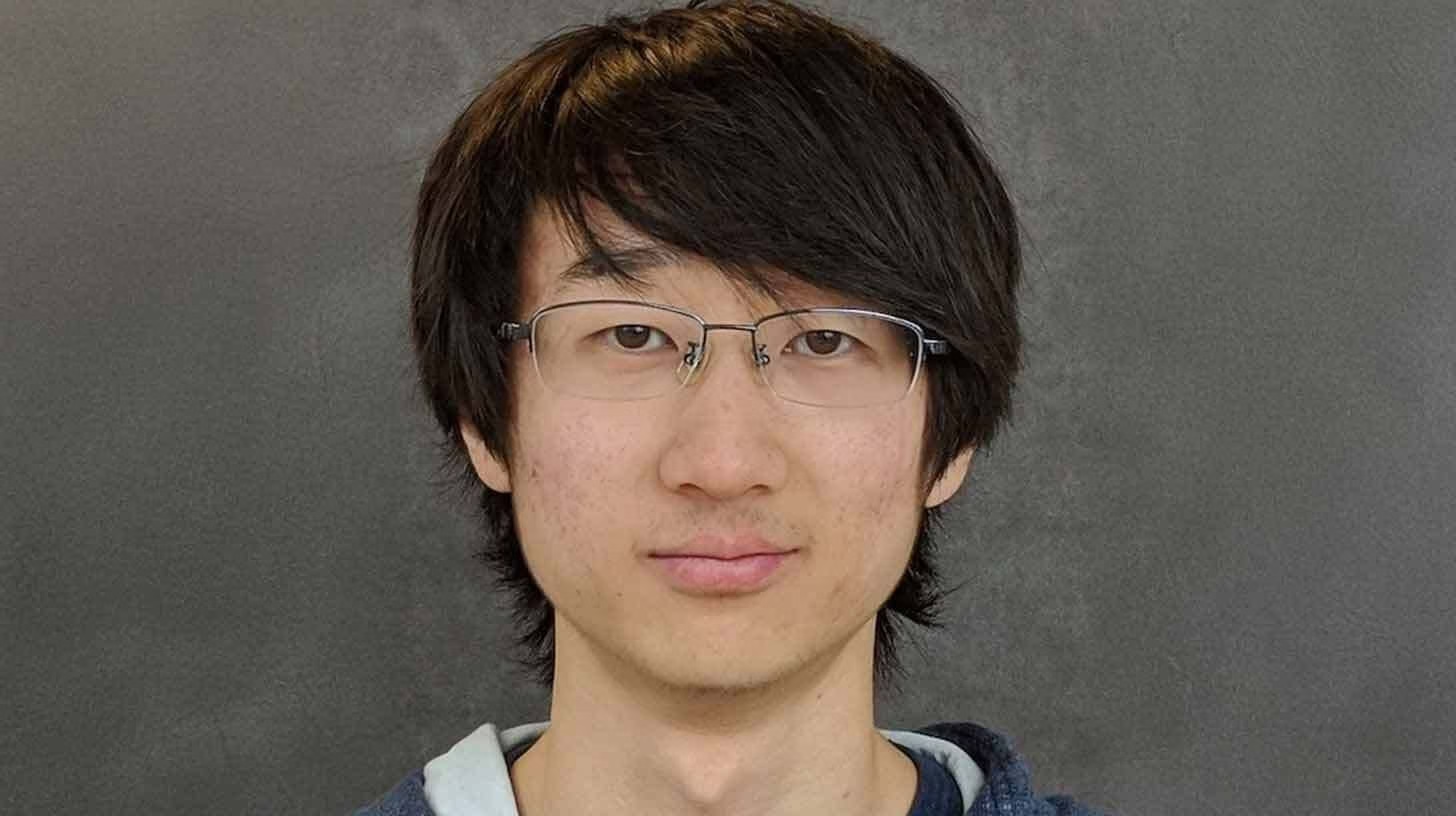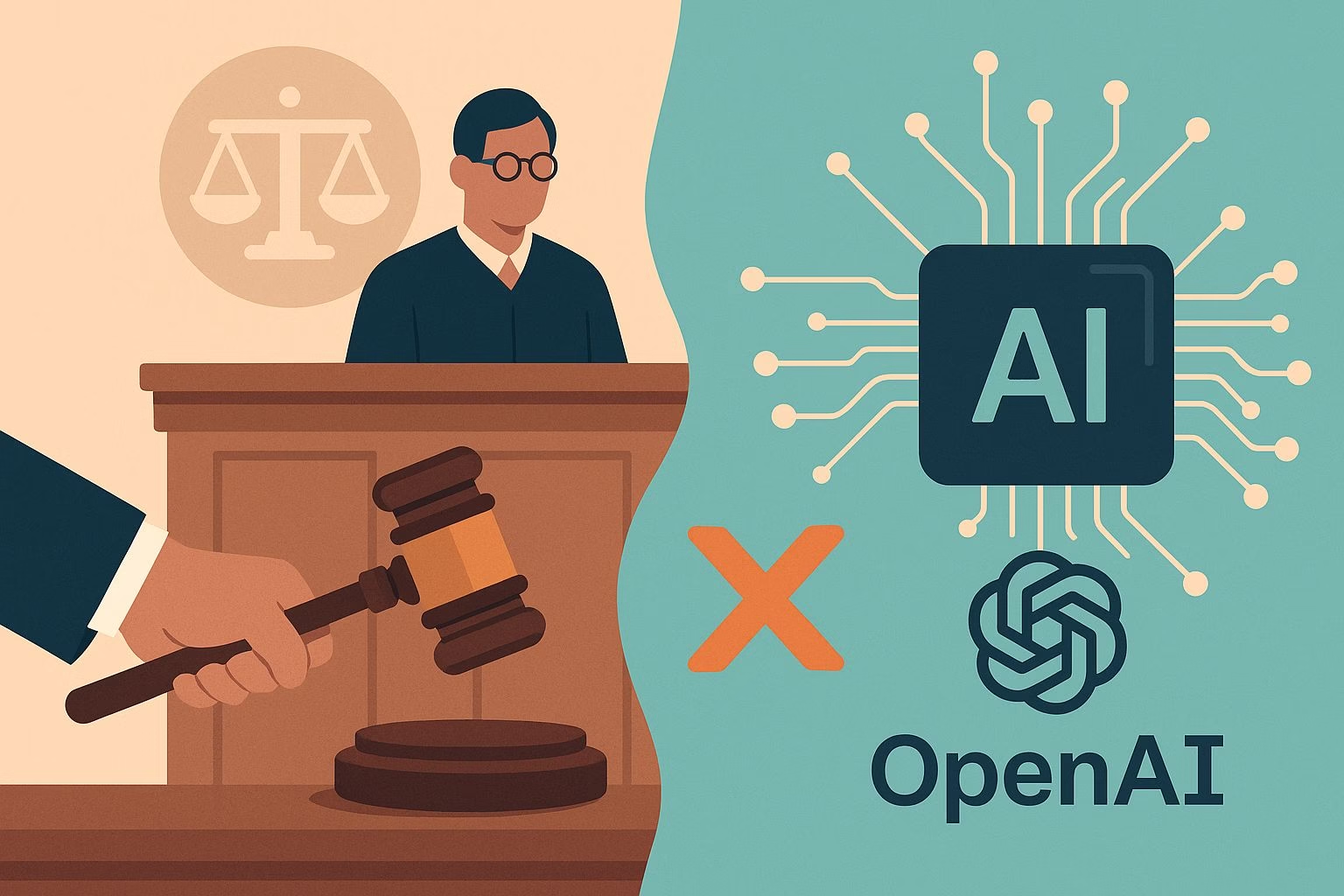xAI Sues Ex-Engineer for Allegedly Stealing Grok Trade Secrets
Elon Musk’s xAI has filed a lawsuit against former engineer Xuechen Li, accusing him of stealing confidential Grok data before selling $7 million worth of company stock and resigning to join OpenAI.
According to xAI, Li downloaded trade secrets describing advanced features claimed to outperform ChatGPT.
The company says he admitted to taking the data during an internal meeting on August 14, but also tried to cover his tracks by deleting logs and renaming files.
Li had joined xAI in 2024 as one of the first 20 engineers helping train its Grok language model.
Now, xAI is seeking to block him from working at OpenAI or any rival while the case proceeds, along with financial damages.
This case highlights the growing intensity of AI talent battles, where billions of dollars in intellectual property move with top engineers.
The fact that the dispute centers on a transition from xAI to OpenAI adds another layer to the strained relationship between Elon Musk and his former company.
Summary Of The Case
Allegations: xAI accuses former engineer Xuechen Li of stealing Grok trade secrets before leaving for OpenAI.
Timeline: Li accepted an OpenAI role in July, sold $7M in equity, and resigned in mid-August.
Key claims: Downloading confidential data, renaming files, deleting logs, and admitting the theft in an internal meeting.
xAI’s goal: Block Li from working at OpenAI or rivals while seeking financial damages.

What xAI Claims Happened
The complaint just filed lays out a timeline of Li’s actions. He reportedly accepted an offer from OpenAI in July, set to begin mid-August.
Before leaving xAI, he sold $7 million worth of company equity and resigned. Days before his exit, xAI alleges, he downloaded confidential Grok data onto personal devices.
The company says this information included proprietary methods that made Grok competitive with ChatGPT and other leading systems.
xAI further claims Li attempted to erase traces of this activity by deleting log records and renaming sensitive files.
During an internal meeting on August 14, Li allegedly admitted to having taken the data, which strengthened xAI’s position in court.
xAI is now seeking both damages and an injunction that would prevent Li from working at OpenAI or any direct rival until the case is resolved.
This move signals how aggressively companies are ready to act when they believe intellectual property is at risk.
Why This Lawsuit Matters for the AI Industry

The lawsuit underscores the escalating battle for top AI engineers. Talent is scarce, and those with direct experience training frontier models like Grok carry immense value.
Companies are not just competing with salaries but also guarding against the risk of insiders transferring critical know-how and code.
For xAI, the situation is even more sensitive given that Li’s next stop is OpenAI, the company Musk once co-founded and later distanced himself from.
This adds a layer of tension that goes beyond normal employee mobility. A successful injunction could reshape how aggressively engineers can move between AI firms, especially when stock sales and timing raise questions of intent.
The case also reveals a broader reality: intellectual property in AI is no longer limited to patents and research papers.
It lives in the experience of engineers, the training methods used on datasets, and the subtle tweaks that give one model an edge over another.
That knowledge is hard to fence in, yet lawsuits like this are an attempt to do exactly that.
The Implications for OpenAI
OpenAI has not been accused of wrongdoing in the complaint, but the lawsuit places the company in a delicate position.
If the court issues an injunction, OpenAI may be forced to delay or cancel Li’s employment, losing out on a valuable engineer.
Even without a ruling, the public nature of the case could complicate the hiring process and draw scrutiny to how OpenAI handles talent acquisition from direct competitors.
The lawsuit also reignites old tensions between Musk and OpenAI.
Musk has frequently criticized the direction OpenAI has taken since his departure, and the fact that a former xAI engineer is now moving to OpenAI only fuels the rivalry.
Whether or not OpenAI becomes directly entangled in the proceedings, the optics alone may affect how the company is perceived in future talent negotiations.
The Bigger Picture on AI Talent Wars
This case is a symptom of a much larger issue. AI engineers at the frontier level are handling intellectual property worth billions.
With demand far outpacing supply, companies are not just competing with offers but also facing a new form of corporate risk: the potential for knowledge transfer that rivals see as theft.
Legal battles like xAI’s are becoming part of the landscape, and their outcomes could shape hiring practices across the industry.
If courts side strongly with employers, engineers may face tighter restrictions on where they can work after leaving a company. If courts push back, firms may need to rethink how they protect their competitive advantages without relying on litigation.
For the AI sector as a whole, the fight is about more than one engineer or one company.
It reflects how much value is concentrated in the skills of a small group of people and how fragile competitive advantages can be when talent moves.
That reality is reshaping contracts, investment strategies, and even how companies view equity sales tied to departures.
What This Means Going Forward
The xAI lawsuit against Xuechen Li is not just a corporate dispute. It is a sign of where the AI industry is heading, with talent and intellectual property becoming inseparable.
When engineers carry trade secrets in their heads and on their devices, companies will push harder to control how and when they leave.
For OpenAI, the case could set a precedent that influences future hiring, especially when recruiting from rivals led by high-profile figures like Musk.
For xAI, the lawsuit is as much about protecting Grok as it is about sending a signal that the company will not let key knowledge walk out the door without a fight.
At RoboRhythms.com, we’ve followed the rise of these conflicts closely because they show the growing stakes in the AI world.
Each lawsuit, each non-compete battle, and each contested hire reveals just how valuable advanced model training has become.
As the industry expands, these disputes will shape not only who leads but also how companies operate in an environment where talent is the ultimate currency.
